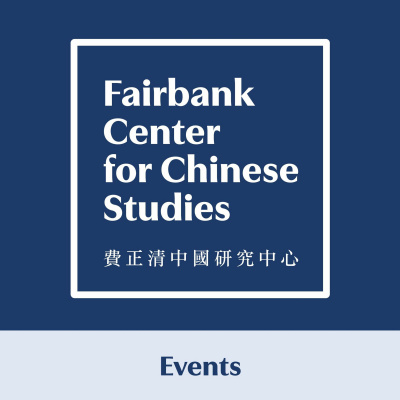Harvard Fairbank Center For Chinese Studies
Literature and Censorship in China since 1979, with Michel Hockx
- Autor: Vários
- Narrador: Vários
- Editor: Podcast
- Duración: 1:30:22
- Mas informaciones
Informações:
Sinopsis
Speaker: Michel Hockx, Professor of Chinese Literature, University of Notre Dame On July 30, 1979, Deng Xiaoping addressed the fourth national conference of Chinese writers and artists. Towards the end of his speech he stated, to collective sighs of relief, that “the Party’s leadership of literature and the arts does not mean issuing orders, nor requiring writers and artists to make themselves subservient to […] political tasks.” In doing so, he redefined the relationship between CCP ideologues and creative producers, which had become increasingly politicized during the first thirty years of Communist rule. He also set the template for later “important speeches” on art and literature by Party leaders, which have been a core component of Chinese cultural policy ever since. Looking at leaders’ speeches as a genre of cultural production, I show how each leader after Deng tried to confirm the post-1979 consensus that promised more freedom to cultural producers, while at the same time indicating where the limits



